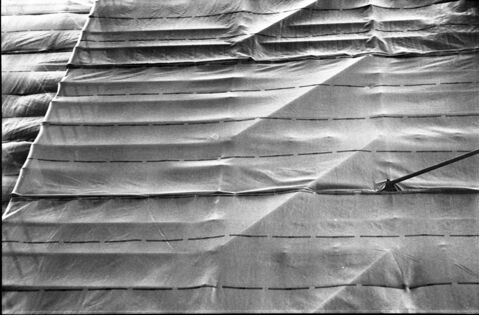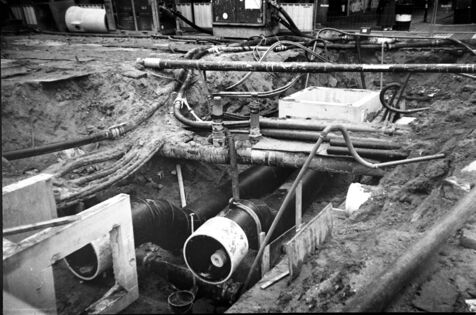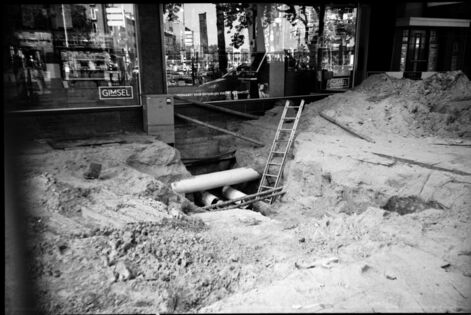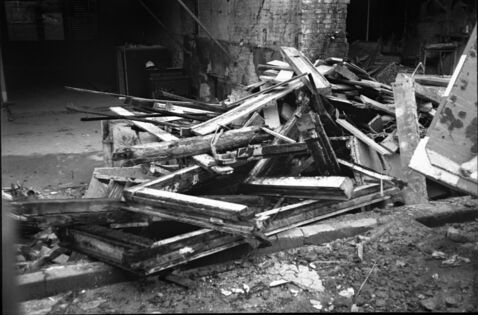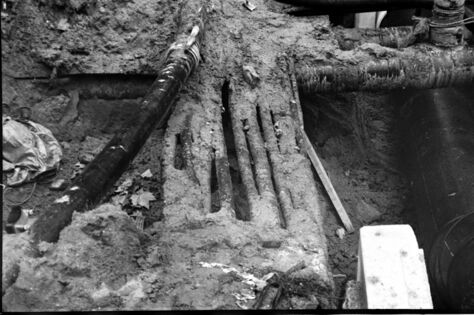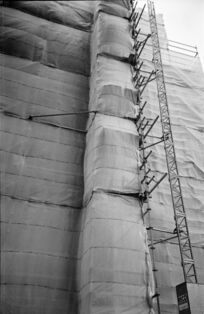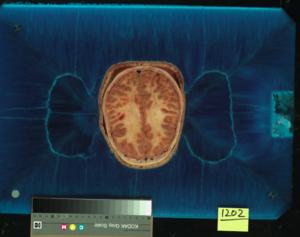User:Trashpuppy/Bloody Body of Building: Difference between revisions
Trashpuppy (talk | contribs) No edit summary |
Trashpuppy (talk | contribs) No edit summary |
||
| (22 intermediate revisions by the same user not shown) | |||
| Line 1: | Line 1: | ||
<div style=" | <div style=" | ||
width:1000px; | width:1000px; | ||
height: | height:2500px; | ||
float: center; | float: center; | ||
background-color: black; | background-color: black; | ||
| Line 12: | Line 12: | ||
margin-top:5px;"> | margin-top:5px;"> | ||
<span style="font-family:courier new, courier, monospace; color:rgb(184,0,0); font-size:100%;"> | <span style="font-family:courier new, courier, monospace; color:rgb(184,0,0); font-size:100%;">TEXT AS ARCHITECTURE | ||
<span style="font-family:courier new, courier, monospace; color:rgb(184,0,0); font-size:100%;"> | <span style="font-family:courier new, courier, monospace; color:rgb(184,0,0); font-size:100%;"> | ||
<span style="font-family:courier new,courier,monospace; color:white; font-size:100%;"> The previous project I worked on, | <span style="font-family:courier new,courier,monospace; color:white; font-size:100%;"> The previous project I worked on, [[COBBLED AND CURSED]] - started from the notion that a work of literature is a piece of architecture that in principle can be entered from any point. Severing narrative from structure and structure from narrative. Semantically, providing dweller with dwelling for open ended drifting, with window and door opening inside and outside: there's no outside-text.<ref>Jacques Derrida - The Parergon.</ref> (Not to be interpreted as: there is no outside-culture) | ||
[[ | |||
<br> | <br> | ||
<br> | <br> | ||
<span style="font-family:courier new, courier, monospace; color:rgb(184,0,0); font-size:100%;">TRIAD | |||
< | |||
<span style="font-family:courier new,courier,monospace; color:white; font-size:100%;"> While perceiving literature as a building, a construct, I also perceive architecture as an apt metaphor for the body. Equally constructed, a compartment with dominant forms and desired traits. Here, ending up with a triad all tangle of things - text, building and body. Buildings with heart and spine, a text with a body stitched from language and the body with windows to the soul. The analogies are endless. Endlessly tagging along symbolic ballast: a door is never just a door. It always opens and closes onto something. | |||
<span style="font-family:courier new,courier,monospace; color: | |||
<br> | <br> | ||
<br> | <br> | ||
<span style="font-family:courier new, courier, monospace; color:white; font-size:100%;"> | Upon moving to Rotterdam I was overwhelmed by the speed at which the urban formula was stamped out of the ground. One day the street was all broken up. The pavement torn open to show a multitude of tubes all tangled in dirt. The next day, no trace. Everything was neatly patched up again. It made me think of surgery, the soft tissue and bones poking out, exposed. I was somewhat astounded by the speed and invisibility (in some of the cases, in the contrary to the high buildings erected) of these altercations. The city functions as a [[User:Trashpuppy/Palimpsest|<span style="font-family:Courier ;">palimpsest]]. The visibility of the trace depends on <br><br>the depth of drilling - <br><br> | ||
::<span style="font-family:courier new, courier, monospace; color:white; font-size:100%;">and time <br><br>Is our time one of excavation or smoothing over? | |||
<br><span style="font-family:courier new,courier,monospace; color:white; font-size:100%;"> | |||
Aside from speed there was force <br><br> images of construction moved in through windows to come down with a cracking punch in the | |||
<br><br>gut | |||
::<span style="font-family:courier new, courier, monospace; color:white; font-size:100%;">hitting on something | |||
<br> | <br> | ||
<span style="font-family:courier new,courier,monospace; color:rgb(183,183,183); font-size:100%;"><center><i>"For that is the terrible thing, that I did recognise it. <br> I recognise everything here, and that's why it goes right through me: it is at home in me" (p. 48)<ref>Maria Rainer Rilke - The Notebooks of Malte Laurids Brigge.</ref></center></I> | |||
<br> | <br> | ||
<br> | <br> | ||
<span style="font-family:courier new, courier, monospace; color:rgb(184,0,0); font-size:100%;">BUILDINGS AS BODIES | <span style="font-family:courier new, courier, monospace; color:rgb(184,0,0); font-size:100%;">BUILDINGS AS BODIES | ||
<span style="font-family:courier new,courier,monospace; color:white; font-size:100%;"> Collection of piercing images | <span style="font-family:courier new, courier, monospace; color:white; font-size:100%;"> Collection of piercing images collected over the last couple of months. Initially intended as stills in a short film. Not sure if I still will | ||
<br> | <br> | ||
<br> | <br> | ||
| Line 55: | Line 52: | ||
<br> | <br> | ||
<br> | <br> | ||
<span style="font-family:courier new, courier, monospace; color:rgb(184,0,0); font-size:100%;">FOUND FOOTAGE FILM | <span style="font-family:courier new, courier, monospace; color:white; font-size:100%;"> | ||
<span style="font-family:courier new,courier,monospace; color:white; font-size:100%;"> I have been working on a short video compiled from found footage. | A construction site, interpolating between demolition and creation, rubble and debris, reminds of the remaining site of construction. The human body <br> | ||
<br>housing, a similar violence<br><br> | |||
::<span style="font-family:courier new, courier, monospace; color:white; font-size:100%;">Giving birth <br><br> | |||
::<span style="font-family:courier new, courier, monospace; color:white; font-size:100%;">gives death <br><br> | |||
<span style="font-family:courier new, courier, monospace; color:white; font-size:100%;"> to alternate outcome | |||
<br> | |||
<br> | |||
<span style="font-family:courier new, courier, monospace; color:rgb(184,0,0); font-size:100%;">FOUND FOOTAGE FILM | |||
<span style="font-family:courier new,courier,monospace; color:white; font-size:100%;"> I have been working on a short video compiled from found footage. Combining footage from medical archives, Dutch news archives and home videos, this method fits with my overall artistic approach that often relies on the reworking and remixing of found materials. Central is this before mentioned analogy between the construction site and the construction of the body. | |||
<br> | <br> | ||
<br> | <br> | ||
| Line 63: | Line 69: | ||
<span style="font-family:courier new,courier,monospace; color:white; font-size:100%;"> | <span style="font-family:courier new,courier,monospace; color:white; font-size:100%;"> | ||
The body as a constant witness. You experience the world through a being in the world in a body. A city you experience through being in your body in the embodiment of a city, architecture | The body as a constant witness. You experience the world through a being in the world in a body. A city you experience through being in your body in the embodiment of a city, architecture | ||
<br> | |||
<br> | |||
<span style="font-family:courier new,courier,monospace; color:white; font-size:100%;"> | |||
Latest revision as of 10:24, 26 March 2021
TEXT AS ARCHITECTURE
The previous project I worked on, COBBLED AND CURSED - started from the notion that a work of literature is a piece of architecture that in principle can be entered from any point. Severing narrative from structure and structure from narrative. Semantically, providing dweller with dwelling for open ended drifting, with window and door opening inside and outside: there's no outside-text.[1] (Not to be interpreted as: there is no outside-culture)
TRIAD
While perceiving literature as a building, a construct, I also perceive architecture as an apt metaphor for the body. Equally constructed, a compartment with dominant forms and desired traits. Here, ending up with a triad all tangle of things - text, building and body. Buildings with heart and spine, a text with a body stitched from language and the body with windows to the soul. The analogies are endless. Endlessly tagging along symbolic ballast: a door is never just a door. It always opens and closes onto something.
Upon moving to Rotterdam I was overwhelmed by the speed at which the urban formula was stamped out of the ground. One day the street was all broken up. The pavement torn open to show a multitude of tubes all tangled in dirt. The next day, no trace. Everything was neatly patched up again. It made me think of surgery, the soft tissue and bones poking out, exposed. I was somewhat astounded by the speed and invisibility (in some of the cases, in the contrary to the high buildings erected) of these altercations. The city functions as a palimpsest. The visibility of the trace depends on
the depth of drilling -
- and time
Is our time one of excavation or smoothing over?
- and time
Aside from speed there was force
images of construction moved in through windows to come down with a cracking punch in the
gut
- hitting on something
I recognise everything here, and that's why it goes right through me: it is at home in me" (p. 48)[2]
BUILDINGS AS BODIES
Collection of piercing images collected over the last couple of months. Initially intended as stills in a short film. Not sure if I still will
A construction site, interpolating between demolition and creation, rubble and debris, reminds of the remaining site of construction. The human body
housing, a similar violence
- Giving birth
- gives death
- Giving birth
to alternate outcome
FOUND FOOTAGE FILM
I have been working on a short video compiled from found footage. Combining footage from medical archives, Dutch news archives and home videos, this method fits with my overall artistic approach that often relies on the reworking and remixing of found materials. Central is this before mentioned analogy between the construction site and the construction of the body.
Or
How to make the human body as alienated as a construction site?
The body as a constant witness. You experience the world through a being in the world in a body. A city you experience through being in your body in the embodiment of a city, architecture

